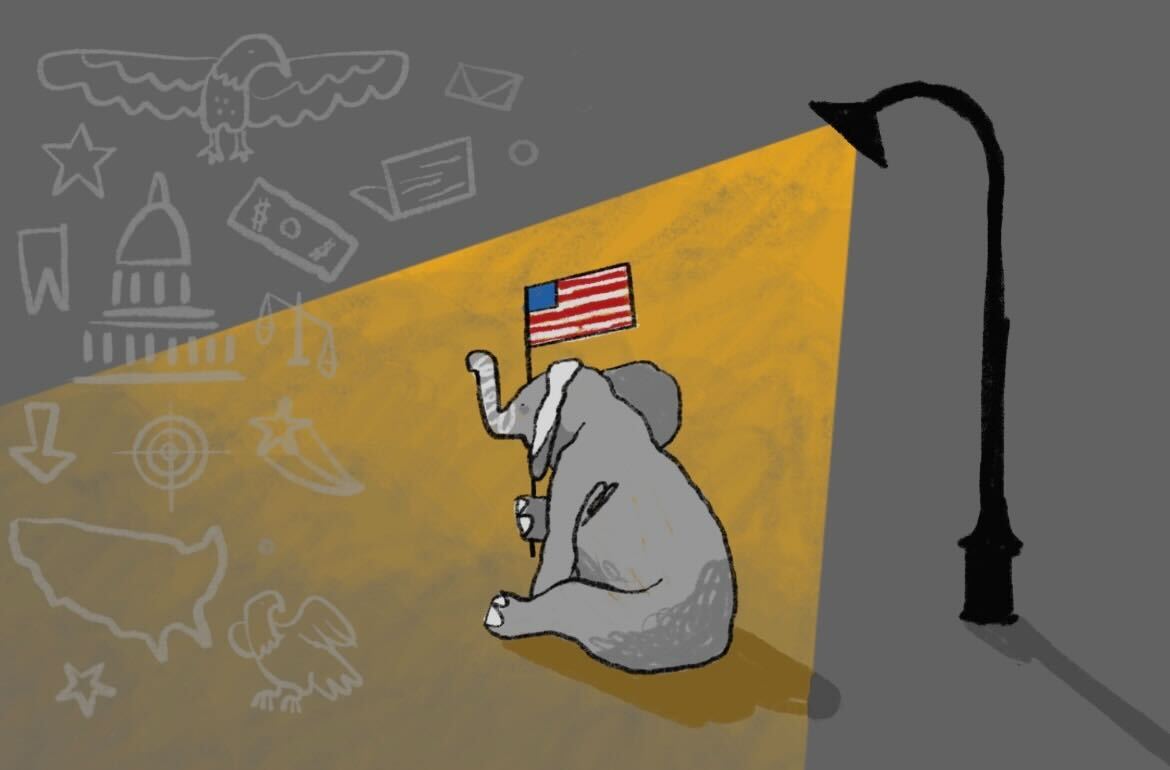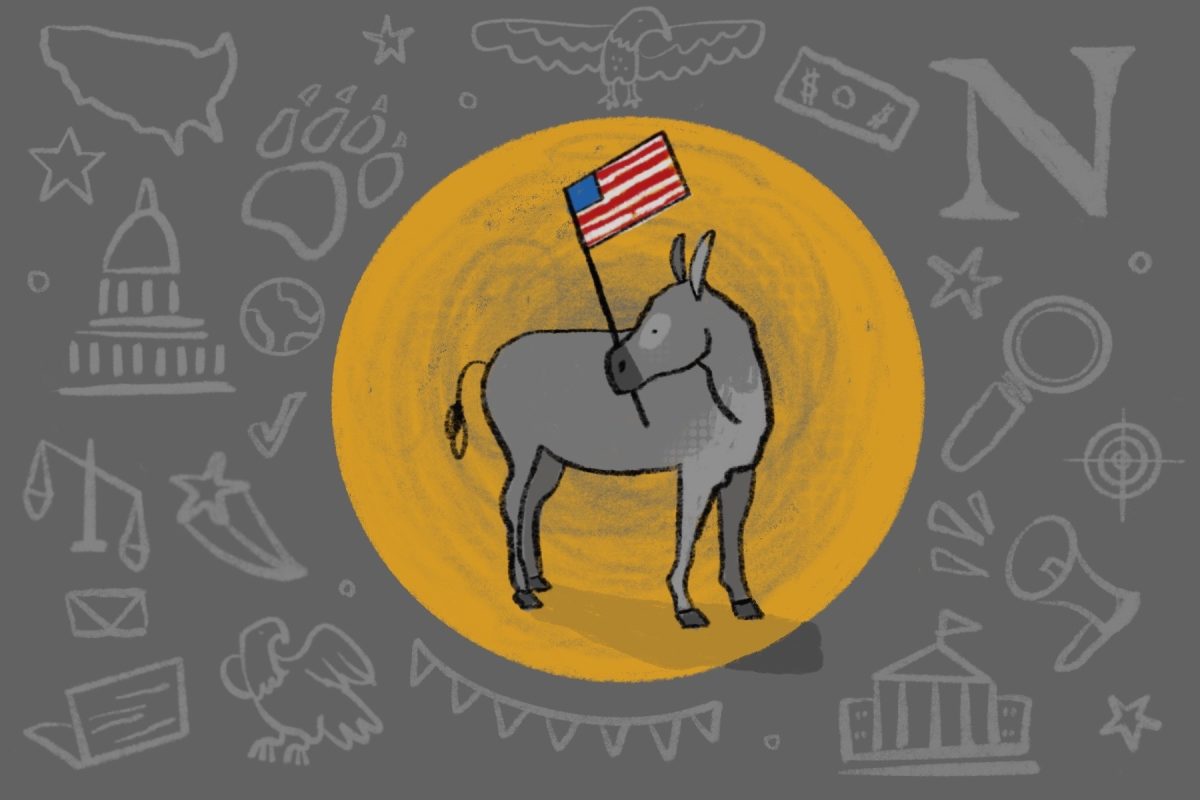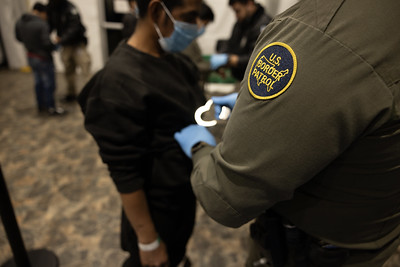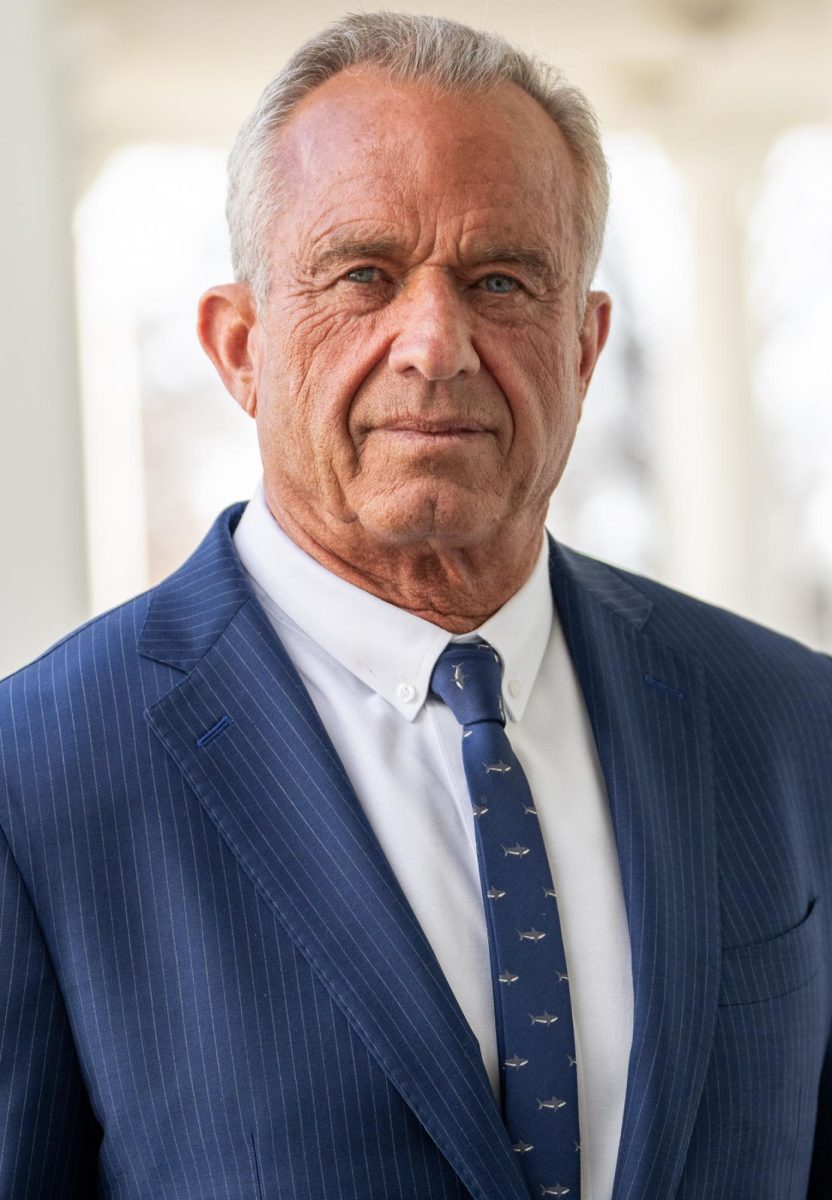Taxis are a mixed blessing in Boston.
Sure, they may be more expensive than the T, Hubway and, according to an analysis from WBUR’s Radio Boston, every other major taxi service in North America, but there’s something to be said about the convenience of being brought from point to point. Or, rather, from a major intersection where a taxi will actually drive by to a point that isn’t quite where you’re going, but near enough to get there on foot since you don’t want cabbies knowing precisely where you live.
That’s not a knock against cabbies, incidentally; I don’t tell the Green Line driver where I live, either. Although if they managed to get the trolley off the rails and up to my front door, Inception-style, that would be impressive enough for me to give out my apartment number.
Taxicab owners and drivers have had a tenuous relationship with fares and the city. Drivers and owners successfully sued the city in 2009 to prevent them from enforcing a requirement that all taxicabs in the city be converted to hybrids by 2015, and they currently have a lawsuit pending over Boston’s credit card rules, which require Boston taxis to install and maintain credit card terminals in their vehicles.
Cabbies have long critiqued this rule, saying that the six percent processing fee cuts into their bottom line and they can’t access the funds for days at a time. The problem with these criticisms lies in the fare hike introduced alongside the credit card regulations, which was designed to accommodate for credit card fees in addition to rising gas prices and inflation.
In essence, what we have are cabbies who argue that government obstructs their ability to make a living and do their jobs. And to an extent, I agree with them: the city doesn’t have the right amount of regulation on taxi drivers. It needs more. Much, much more.
If we really want taxis that Boston can be proud of, we need to look toward the city with the most iconic taxis of them all: London.
The iconic black cabs of London streets aren’t just handed out to anybody. Drivers must pass one of the most rigorous tests of street knowledge in existence. Termed the Knowledge, the test requires an almost encyclopedic knowledge of London’s streets, including a portion where a prospective driver must recite on the fly and from memory the shortest routes between any two points in the city.
Accompanied by tests measuring language skills, moral fiber and criminal background, the end result of the Knowledge is a fleet of cabbies ranking among the most knowledgeable and professional on the planet. Self-employed, the cabbies own or lease their own vehicles and set their own hours. As a result, everyone’s happier. Drivers make more money, set their own hours, and have more control over their work life, and passengers get knowledgeable, efficient taxi services.
If Boston wants to improve its cab services, it will need to take a firmer grasp on the industry. It may require a coalition on the state level akin to the MBTA to allow for one set of rules applying to the entire Greater Boston region, but the end result will be a better, more viable taxi service for everyone.
– Michael Denham can be reached at [email protected]









